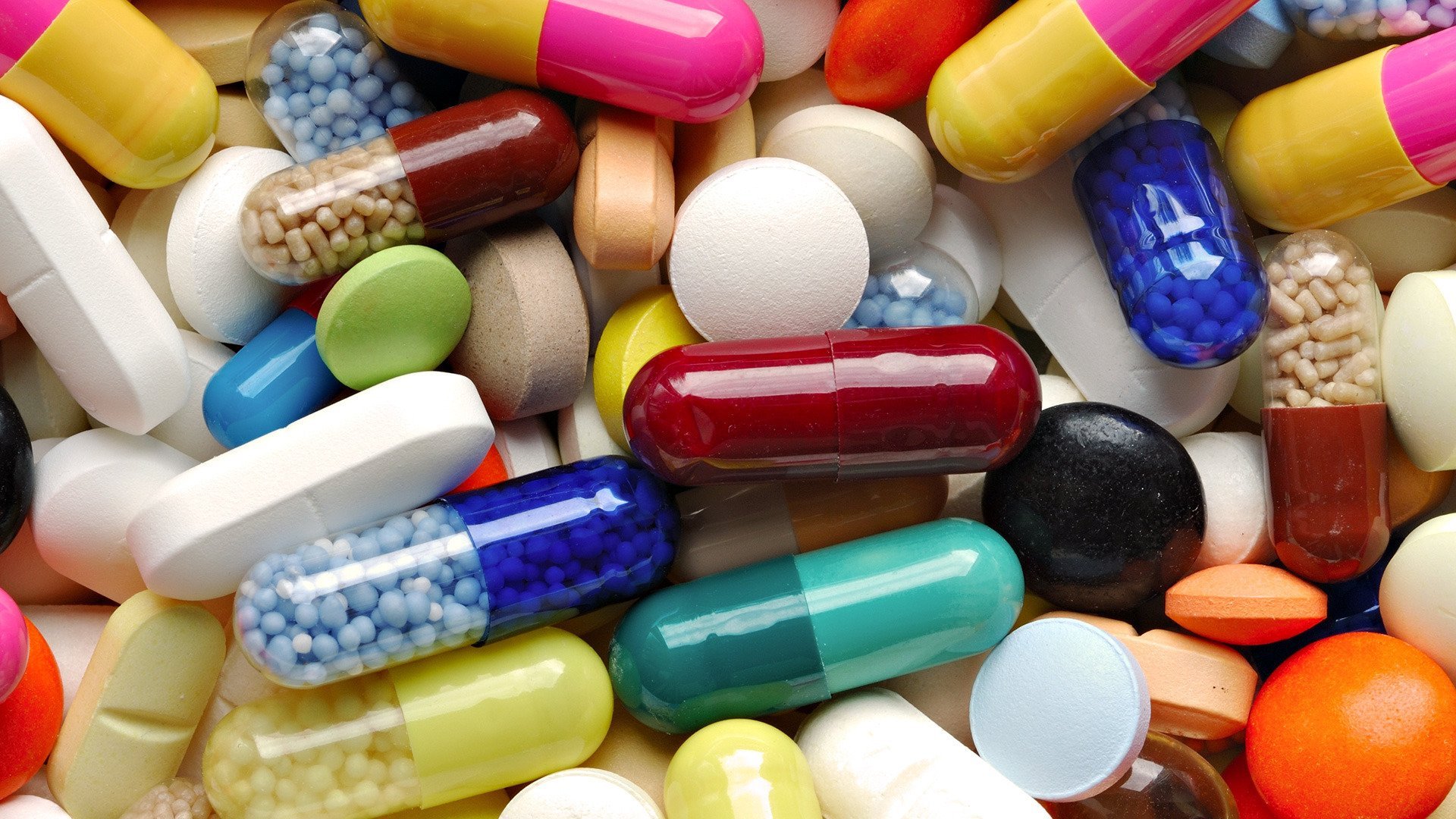For many years, Nigeria’s medicine shelves have been heavily dependent on foreign drugs. Essentials such as antimalarials, analgesics, and multivitamins were once sourced from abroad. Even recently, more than 75% of the drugs consumed in the country were imported.
That reliance came into full glare during the COVID-19 pandemic, when global supply chains were choked and countries like India banned exports of basic medicines such as paracetamol. Suddenly, Nigeria faced the hard truth of how vulnerable its health system was to global shocks.
Today, that picture is beginning to shift. Local production of basic pharmaceuticals has moved from around 40% a few years ago to nearly 60%, according to industry leaders such as former Pharmaceutical Society of Nigeria (PSN) chairman Anthony Oyawole.
Oyawole explained that manufacturers, working closely with the government and guided by stricter regulatory oversight, are steadily building capacity and credibility.
Essential medicines, from malaria treatments to multivitamins and painkillers, are now increasingly being manufactured domestically. Several local firms have achieved WHO prequalification, which in turn opens the door for exports to Europe and America.
The fiscal burden of drug imports tells why this shift is urgent. From 2017 to 2023, Nigeria spent over ₦3.06 trillion importing pharmaceuticals, with ₦1 trillion in 2020 alone at the height of the pandemic.
Data from the International Trade Centre, a multilateral agency, shows that while imports spiked during COVID-19, they have since declined by about 63% over two years.
Part of that decline reflects supply-side constraints, such as foreign exchange scarcity and tighter import policies, not merely substitution by domestic producers. In essence, while local manufacturing is growing, Nigeria is still not fully insulated from global pressures.
Administrational policies
The struggle for pharmaceutical self-reliance has spanned administrations, each leaving uneven marks.
Under the Obasanjo administration (1999–2007), the pharmaceutical policy framework was thin. Local manufacturing remained marginal, with backward integration efforts still in their infancy.
The Yar’Adua and Jonathan years (2007–2015) saw attempts to strengthen regulation and support domestic production, but weak implementation meant import dependence persisted. Supply chains in rural areas remained fragile, and disaster preparedness was poor.
The Buhari era (2015–2023) put more emphasis on capacity building, stricter NAFDAC oversight, and WHO-recognised facilities. Still, high production costs, forex shortages, and over-reliance on imported raw materials kept factory utilisation low.
The current phase builds on these earlier policies, but with greater urgency as global instability sharpens the case for medicine security.
What has Nigeria gained from local production of drugs?
Local production has reduced pressure on Nigeria’s fragile foreign exchange market, provided cheaper and more stable access to essential drugs, created new pharma-sector jobs, and strengthened resilience during emergencies.
Yet Nigeria still depends on imports for advanced medicines, especially active pharmaceutical ingredients (APIs) and specialised treatments. Policy inconsistencies unsettle investors, while high costs of energy, logistics, and imported raw materials make local medicines less competitive.
The lesson of COVID-19 shows that a health system without strong local pharmaceutical production is a system at risk. Nigeria’s push to achieve 60% domestic drug production should cover vital drugs, ensuring that when the next crisis strikes, hospitals are not waiting for shipments stuck at foreign ports.
With over 150 local manufacturers now registered, and some already exporting, Nigeria is positioning itself not only for national resilience but also as a regional supplier.
Solving Nigeria’s dependence on foreign medicine
To move towards true independence, Nigeria will need to tackle the hardest part of the equation: producing APIs locally rather than importing them.
That requires targeted investment in industrial research and development, incentives for large-scale chemical plants, and a stronger integration of the pharmaceutical sector with the petrochemical industry.
Equally, energy reforms are essential. High production costs, driven by unreliable power and expensive logistics, keep local drugs uncompetitive. Stable electricity and better infrastructure would lower costs across the board.
Importantly, policy consistency is non-negotiable. Frequent shifts in tariffs, import bans, or forex rules deter long-term investment. A steady, transparent regulatory environment will give local manufacturers confidence to expand.
If Nigeria can meet these conditions, the goal of 60% more local production will be achievable.
Summary not available at this time.






